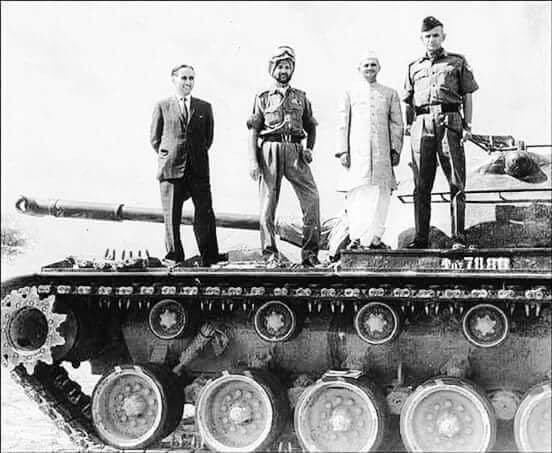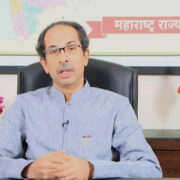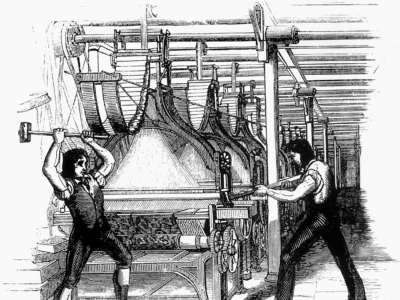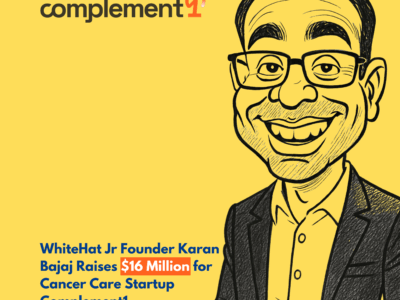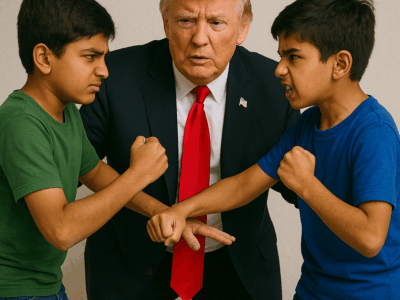Great leaders are the ones who lead, meaning they are, by definition, ahead of the moral and civilisational curve than those that follow them, which is most people. These leaders tell their followers about their potential, about what can, and indeed ought to, be. They share their vision of a society that is more evolved, more prosperous, happier, and kinder. Then, they show their followers how they could be all that in the near future, if only they kept the faith and worked together. Great leaders bring out the best in people, because that is the only way to progress. They provide, through personal example and by accurate communication, the goals and objectives which their followers may strive towards, making the goals just out of reach, but still worthy of aspiration, and hence worth the followers’ time, energy, and intellectual capital. Great leaders are invested in the future of their followers, and in turn, compel their followers to be invested in it through their steely will power and intellectual tour de force. Such leaders never succeed fully because there is never a point in time when the society is perfect and requires absolutely no improvement. As Richard Bach observed poignantly, “Heaven is not a place, and it is not a time. Heaven is being perfect.” There is no heaven achievable by humans, and great leaders know that. But they keep moving forward, and keep pulling the society with them, by hook or by crook.
Mediocre leaders are those that do not lead, but are in fact part of the pack of followers. They think, behave, and react like them. They are not about the potential or what ought to or could be, but about reflecting what is. They are not an external force pulling, cajoling, compelling, and leading by example their followers to the promised land and a better place. They are like reflections of the society that they lead, and their appeal is twofold: firstly, they are easier to understand by their followers since these leaders are exactly like them, thus needing much less intellectual strength or communication skills, and secondly, each follower sees their own reflection in their leader, wherein the leadership role, with its power and pelf, accoutrements and privileges, and bells and whistles becomes aspirational to the followers, and not what they do with the power and the objective or even the path they are taking the society towards. Such leaders may succeed fully at some point, but soon, they run out of steam due to the sheer perseverance and dedication to the ordinary it takes to run that fast just to remain in the same place, and are replaced by other, equally pedestrian ones.
Bad leaders are the ones that are not just at the back of the pack of followers, but actually are pulling them behind, using their power over their followers to tell them that they were great once in the past, and if only they could shake off the yoke of progression, they could go back to the golden age where everything was perfect and they were rulers of the Earth they inhabit as lesser creatures today, all due to a common enemy that exists within them and must be exorcised at great cost (not to the leaders, but to the followers and the society they populate). These leaders typically come from within the followers and are not only not focussed on how the future of this group of people could be better, nor on simply trying to exist within the present, but actually move backwards with the promise of reaching far enough back to be able to recapture their erstwhile greatness. They bring out the worst in people because their appeal is founded on the baser animal instincts the control of which has been the measure of a human’s and society’s civilisation and evolution. Such leaders never succeed fully because it is not possible to infinitely regress without complete destruction of the very society and the way of life that gave them birth and sustained them. The problem with such leaders is that the destruction of the civilisation they purportedly led (into the ditch, undeniably, on hindsight) usually happens once the leaders themselves have sucked out all the life blood from the people and society they lead and when the cheque becomes due, they cop out via abdication or suicide. But that fate is reserved only for the last in the line of such leaders. Before that happens, the previous incumbents have to suffer the ignominy of being one-upped by someone even more regressive who usurps their power and forces them into exile in the full glare of the very lights they once enjoyed preening under.
Great leaders inspire and want us to do things they say we are capable of, even if most of them seem just slightly out of reach at present.
Mediocre ones show off their privilege and make us want to become like them so we too could enjoy the trappings of power.
Bad ones show us a glorious past and weaponise our baser instincts by creating excuses (read enemies) but for which we’d have remained great. Bad leaders want us to wallow in self-pity (directed internally) and anger (directed externally) so that they remain in power.
Great leaders create a society we all want to live in. We get these leaders rarely, as does every other group of people. They are those that plant seeds.
Mediocre ones do nothing to advance the society they lead towards any goal whatsoever. These are the norm everywhere and in every era, and are soon consigned to the dustbin of history. But they do perform the function of watering and fertilising the soil once in a while.
Bad leaders, though are a class apart. As rare as great leaders, but in the opposite direction. By the time they are through, they have destroyed the social fabric and burnt through millennia of social capital and evolution of a civilisation in one lifetime. They are the ones that slash, burn, cut, and sell the forest they inherit, so that by their end, the trees that take thousands of years to grow are now uprooted and need another thousand years to regain their lushness and forest cover.
Fortunately, history has a long memory and enough patience to wait to judge just what kind of a leader someone was from just what kind of a society they created. I leave it to my readers to judge their leaders, past, present, and potentially future, and see which of these categories they fit into. That should give you, kind reader, an approximation of where your grandkids will see themselves.
